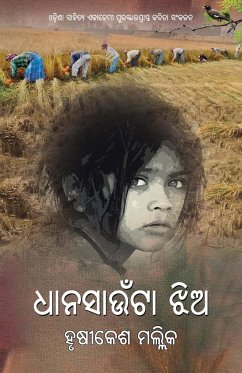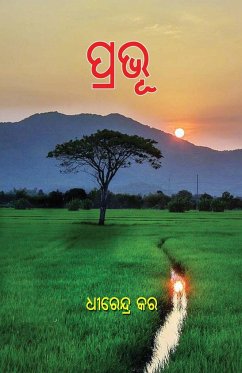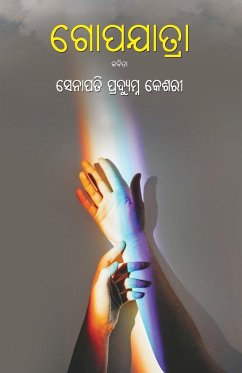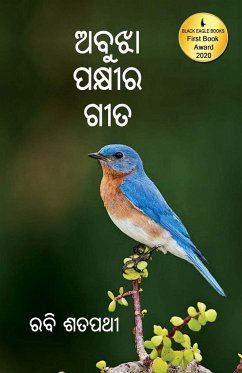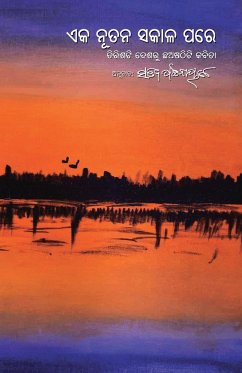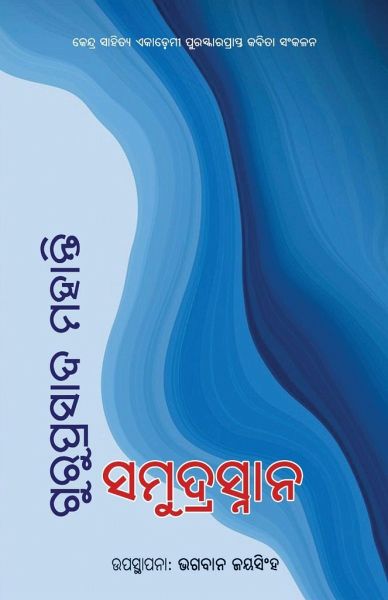
Samudrasnana
Versandkostenfrei!
Versandfertig in 1-2 Wochen
16,99 €
inkl. MwSt.

PAYBACK Punkte
8 °P sammeln!
Appearance of Samudrasnana in 1970 scratched out a new map of modern Odia poetry and established Guruprasad Mohanty's reputation as the harbinger of a new age in Odia poetry. The book made a decisive break with the decadent Radhanath-Fakir Mohan- Madhusudan tradition of Odia poetry which dominated the poetic scene for over a century. Guruprasad with this exiguous volume of only eighteen poems, besides ten sonnets experimented with form and subject matter of poetry which were distinctly modern. Modelled on Western modernism these poems were hailed for the poet's deft handling of contemporary re...
Appearance of Samudrasnana in 1970 scratched out a new map of modern Odia poetry and established Guruprasad Mohanty's reputation as the harbinger of a new age in Odia poetry. The book made a decisive break with the decadent Radhanath-Fakir Mohan- Madhusudan tradition of Odia poetry which dominated the poetic scene for over a century. Guruprasad with this exiguous volume of only eighteen poems, besides ten sonnets experimented with form and subject matter of poetry which were distinctly modern. Modelled on Western modernism these poems were hailed for the poet's deft handling of contemporary reality using "wit" and "irony," as well as magnificent images and symbols. His use of an Indian myth in "Kalapurusha," a long poem included in this collection of poetry, made a tremendous impact on the generations of young poets who wrote after him in the nineties and after.



